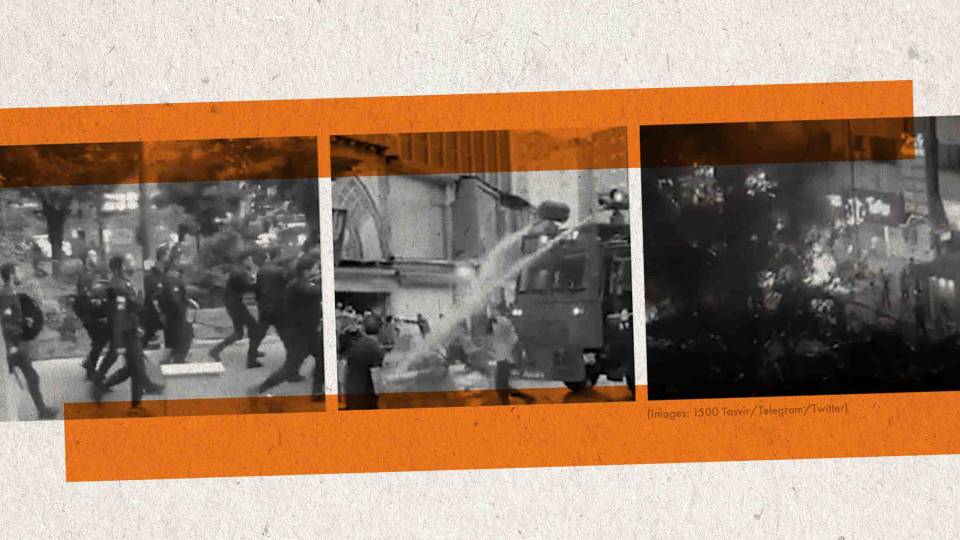Fighting continues to rock the Middle East as shots fired by militants in Gaza hit Israel on Friday, afflicting the northern part of the country, and the death toll from Israeli airstrikes, which has now reached nearly 100, continues to grow.
We spoke with Daniel Kurtzer — a former U.S. ambassador to Israel and Egypt, lecturer in public and international affairs in the Woodrow Wilson School of Public and International Affairs and Princeton's S. Daniel Abraham Professor in Middle East Policy Studies — to discuss what's taking place in the Middle East and what role the United States should play.
Question: What is happening in the Middle East?
Answer: Once again, Israel and Hamas are engaged in violence with no ostensible political goals in mind. Hamas is seeking to rebound from a period of financial and political turmoil, and it hopes that re-engaging Israel militarily will build up its street credibility. Israel, angry over the kidnapping of teenagers and the rocket fire, is seeking to teach Hamas a lesson and to deter it from renewing violence.
Q: What is different about the recent events?
A: While this round of violence looks familiar, there are three different elements of note: Hamas' long-range rockets; the fact that the majority of Israel's population is now within rocket range; and the intensity/scope of Israel's aerial campaign. Israel appears willing, but not eager, to enter Gaza with ground troops, and this cannot be ruled out.
Q: How might this end?
A: A ceasefire will happen when both become fatigued, at which point Egypt, perhaps with American help, will try to forge conditions for a cessation of hostilities. This will be harder to achieve than in the past, given the intensity of the current fighting and the unlikelihood of either side making the serious concessions that will be demanded.
Q: What is the role of the United States?
A: There's not much the United States can do independently, as we don't have relations with Hamas and we do support Israel's right to defend itself. A U.S. role may become necessary once ceasefire talks begin.


